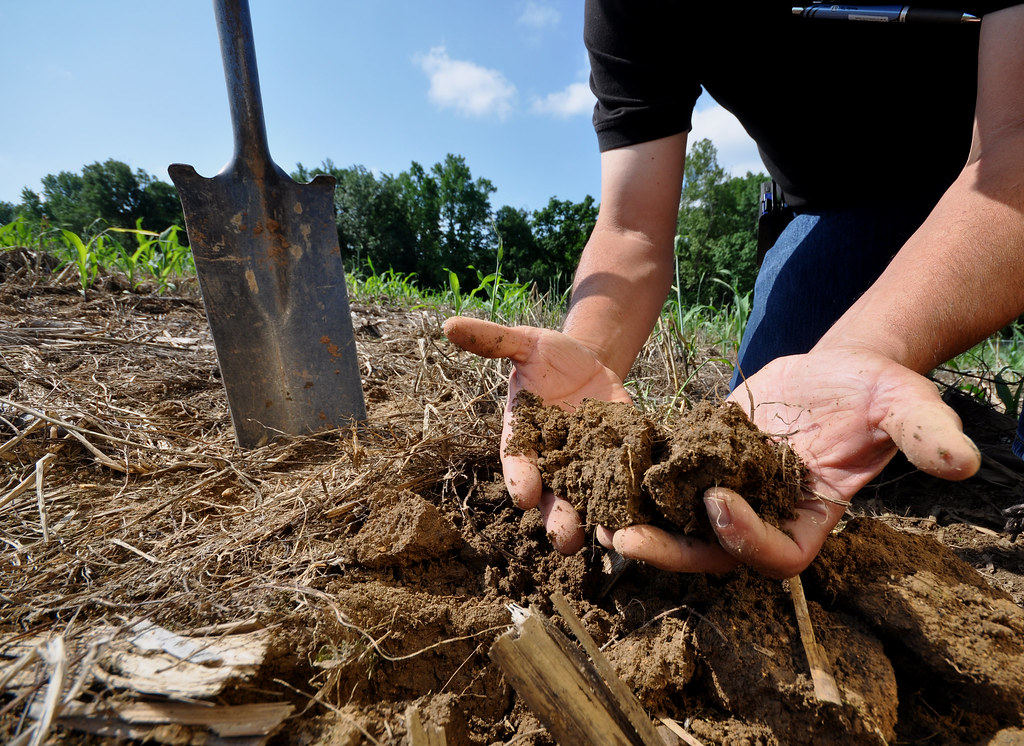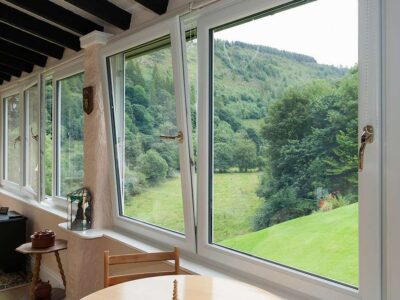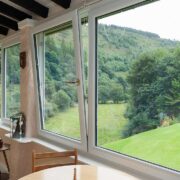
There are a lot of different Organic soil types to be found on the planet and most gardeners and farmers aren’t exactly sure what type is best for their gardens. Soil types have various purposes in the development of different plants, their needs and the needs of the soil itself. Soils can range from the very lightest, most clay-like, to the toughest, most fibrous, but all types of soil have pros and cons. In this article, we’ll take a look at some of the most popular soil types and their specific benefits or drawbacks depending on the specific environment and the plants that will be grown in them.
Soilless Clay is a type of soil that is rich in iron, making it a great choice for a region with heavy rainfall. Clay soils have very high water retention, which makes it a great choice for farmers who don’t need their crops to be regularly watered. This type of soil also tends to be less susceptible to environmental stresses, such as erosion and compaction, so it is less likely to be devastated by drought or other natural disasters.
A soil that is rich in organic matter is ideal for growing a wide variety of plants, including vegetables and fruits, because it is highly resistant to any adverse conditions. This type of soil is also low in nitrogen, so it is less likely to be depleted of this important nutrient during periods of heavy rain. Some types of organically-soaked soils even retain certain trace amounts of fertilizer, although this is dependent on the amount of organic matter in the soil. Organic soils are highly flexible and can usually be adapted to most climate changes, which makes it ideal for farmers and gardeners regardless of what type of environment they grow their plants in.
A soil that is enriched with organic matter is usually slower to settle than clay-based soils. It is also less likely to retain moisture, especially if it comes in contact with nearby salt-water or frozen manure sources. This type of soil may also be less permeable than clay-based soils, making it more difficult for water to permeate through it. Clay soils are slow to establish, which makes them poor choices for agricultural fields or areas prone to flash floods. Clay is also extremely dense and hard, which limits how deep it can stretch. If the soil can not be easily molded into the desired shape, it often will not be a good choice for farmers because it will require a deeper and larger seed bed.













